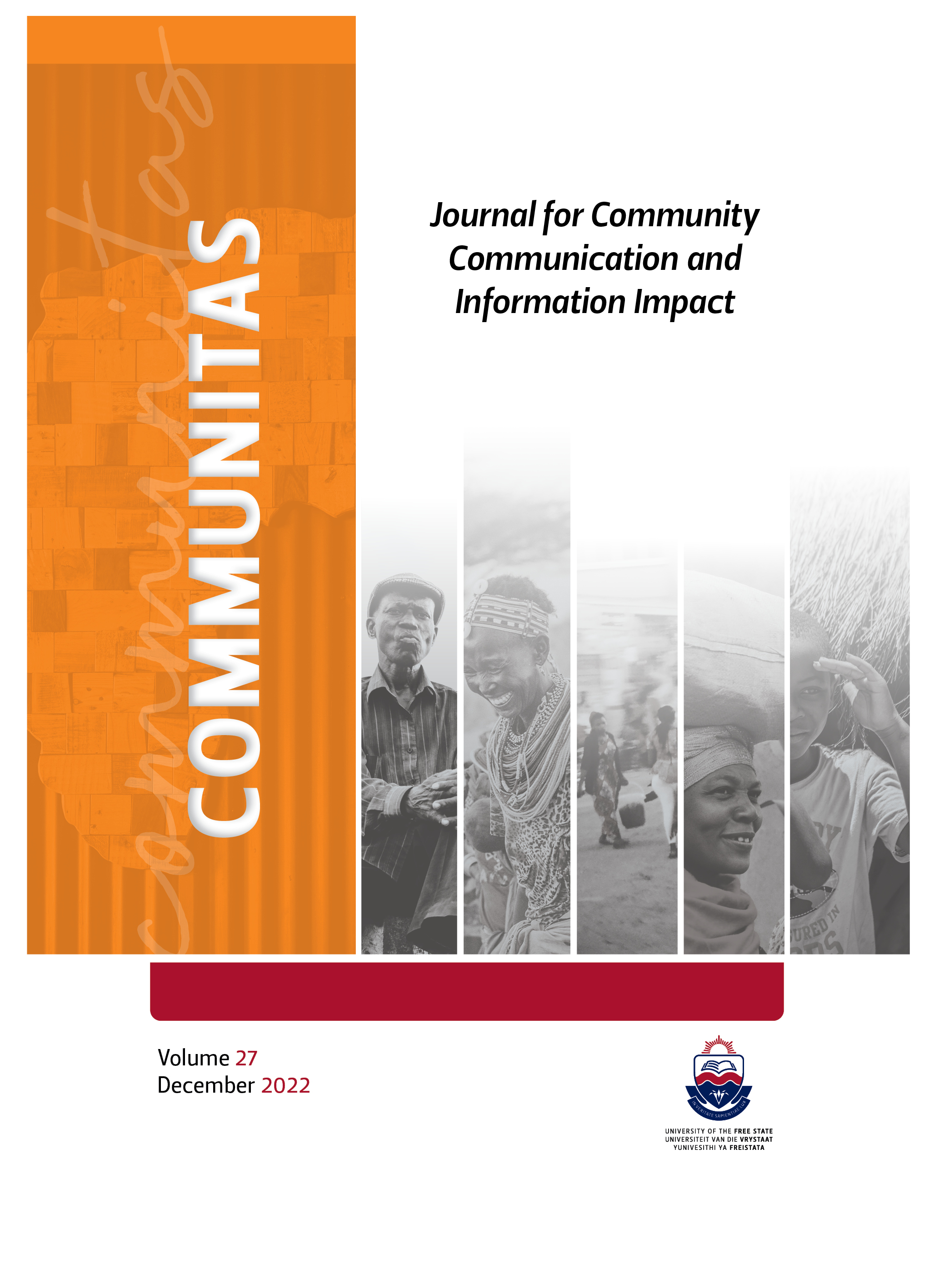Does the use of cause-related marketing in fast food restaurants lead to different consumer perceptions?
DOI:
https://doi.org/10.38140/com.v27i.5787Keywords:
Cause-related marketing, Corporate social responsibility, Brand authenticity, Brand trust, Fast food, Pre- and post-test research designsAbstract
Cause-related marketing (CRM) is a corporate social responsibility (CSR) strategy brands use to increase their competitiveness. However, little attention is paid to how CRM in fast food restaurants is explicitly perceived by consumers’ ratings of brands within an African context. In this study, 151 consumers in South Africa participated in a pretest-posttest control group design. The findings indicate that when a CRM campaign was introduced to the group that was aware of the campaign, the group was more positive than those who were not aware and did not receive an intervention. The study concludes that the aware experimental group showed significant improvement in scores in favour of the brand with a CRM initiative. The findings are consistent with prior research; however, this study is the first to explore brand trust using the card scoring method. This study can at least partly provide useful reference points on these issues and inform marketers in debatable questions such as whether there is a difference in rating scores following a CRM campaign intervention. The study also extends the card scoring method and brand authenticity of fast food by connecting consumer perception and brand trust within an African context.
Downloads
##submission.downloads##
Published
Issue
Section
License
Copyright (c) 2022 Tanitta Matiringe-Tshiangala, Absyhey Nhedzi

This work is licensed under a Creative Commons Attribution 4.0 International License.
All articles published in this journal are licensed under the Creative Commons Attribution 4.0 International (CC BY 4.0) license, unless otherwise stated.









